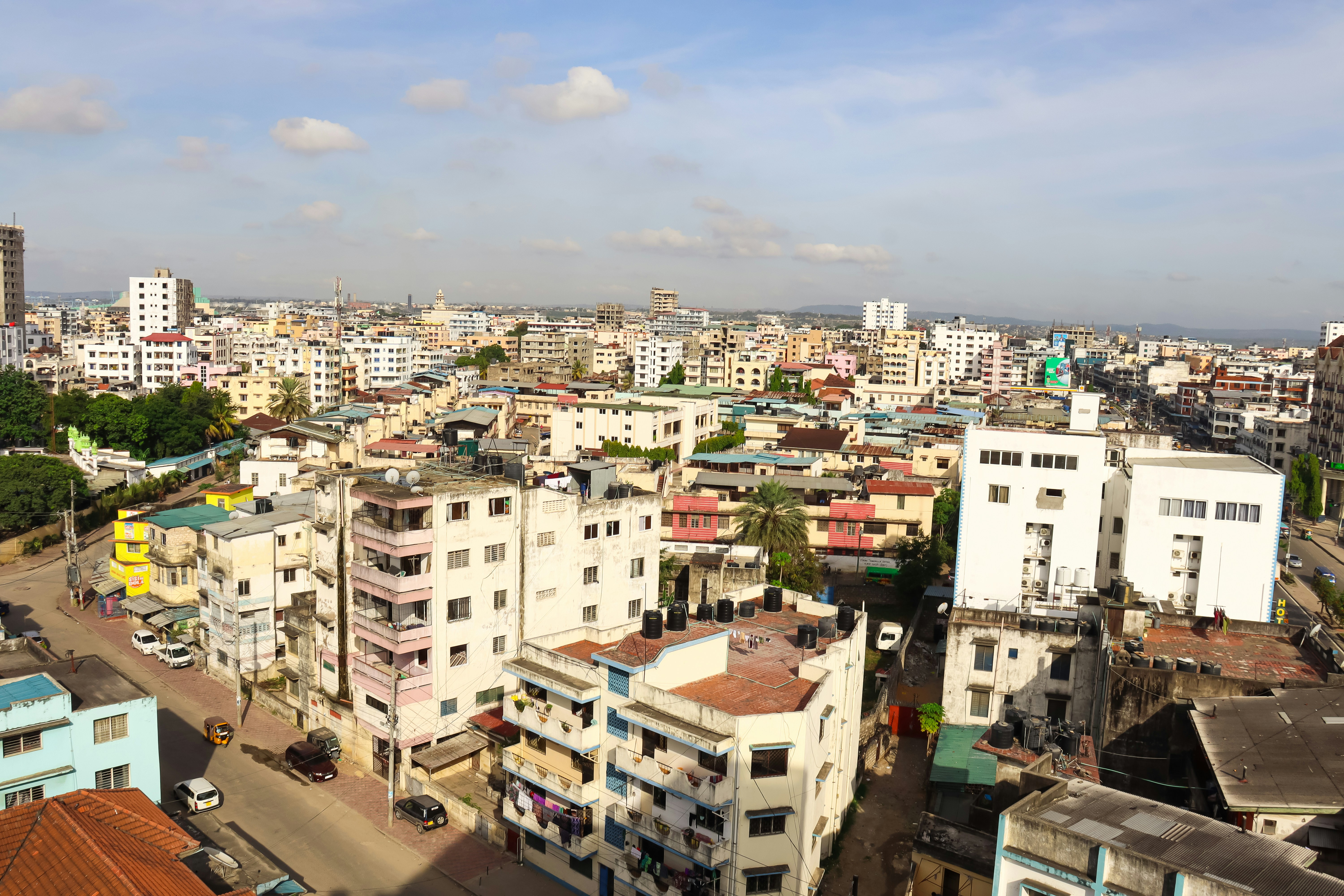Assessing Challenges Faced by Children of Individuals Engaged in Commercial Sex in Kenya

Funded by HTRI and in partnership with Survivors, a local organization supporting individuals engaged in commercial sex, researchers conducted an exploratory study to understand the challenges faced by children of these individuals, particularly their vulnerability to sex trafficking.
Existing literature suggests that children of individuals engaged in commercial sex have a heightened likelihood of becoming a victim of sex trafficking due to proximity to the commercial sex industry from an early age.1 However, there is little, if any evidence on the challenges these children face that could increase their vulnerability to sex trafficking, and what interventions can effectively address these changes.
Funded by HTRI and in partnership with Survivors, a local organization in Busia county supporting individuals engaged in commercial sex, researchers conducted an exploratory study to understand the challenges faced by children of commercial sex workers, particularly their vulnerability to sex trafficking. The findings will be used by the implementing partner to design interventions aimed at improving outcomes for these children, including physical and mental health, educational effort and outcomes, career aspirations, and engagement in commercial sex.
Results are forthcoming.
Sources
1. Fedina, Lisa, Celia Williamson, and Tasha Perdue. "Risk factors for domestic child sex trafficking in the United States." Journal of interpersonal violence 34, no. 13 (2019): 2653-2673.
Kennedy, M. Alexis, Monica R. Arebalos, Rachell A. Ekroos, and Andrea N. Cimino. "Sex Trafficking Red Flags:: Confirming Presentation Patterns and Childhood Adversity Risk Factors." Nurse Leader 19, no. 5 (2021): 516-520.
Polaris Project, "Sex Trafficking in the U.S.: A Closer Look at U.S. Citizen Victims," Polaris Project, May 1, 2015, https://polarisproject.org/resources/sex-trafficking-in-the-u-s-a-closer-look-at-u-s-citizen-victims/
Implementing Partner













